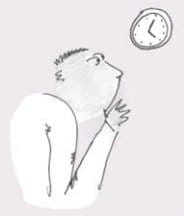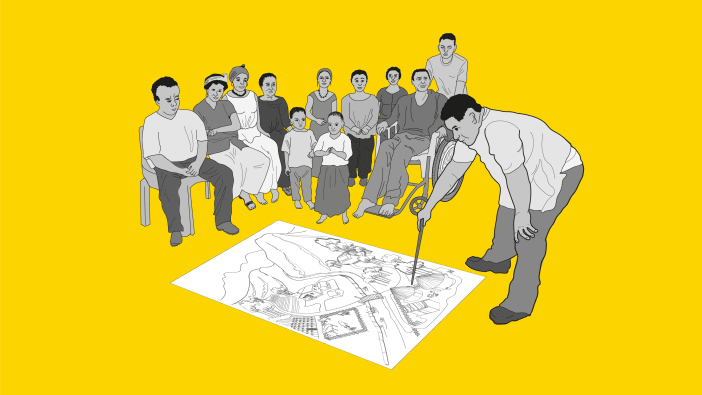The day-to-day challenges of leadership can be as great as the challenges of vision, strategy and big decisions. However, often these challenges are less obvious. Here we share some advice on working effectively and motivating others in your day-to-day work.
This material has been adapted from the Umoja Facilitator's Guide by Francis Njoroge, Tulo Raistrick, Bill Crooks and Jackie Mouradian.
Refer to the article 'Bringing out the best in people' on p11 for more ideas for leading people.
How to have an effective meeting
Sometimes meetings can seem boring and long. This checklist helps you to think about how you can make meetings more effective.










